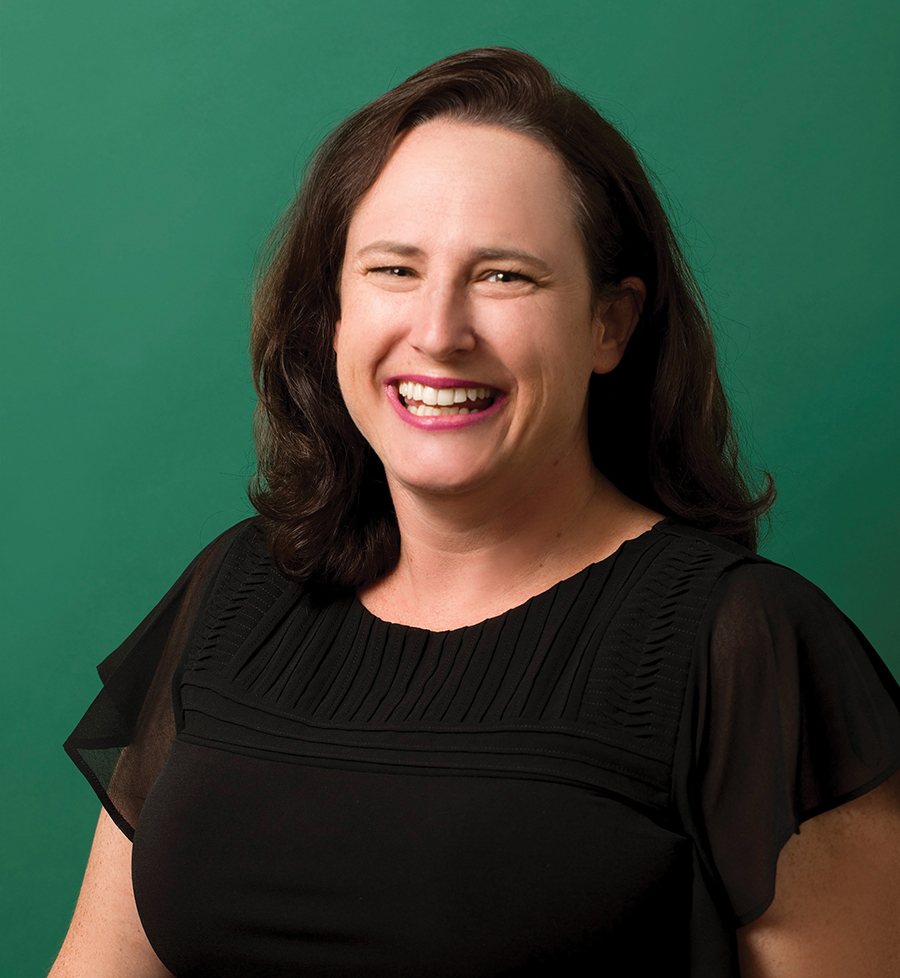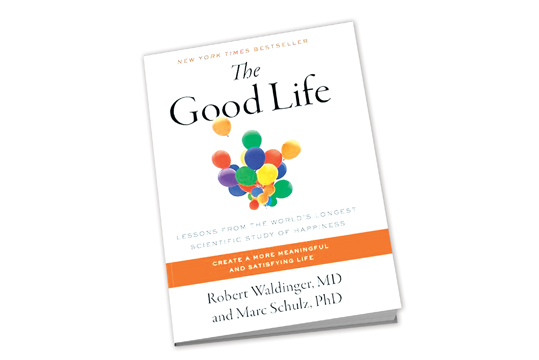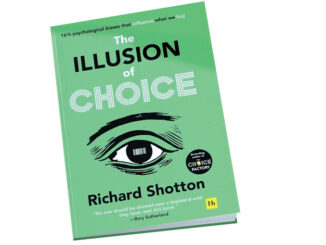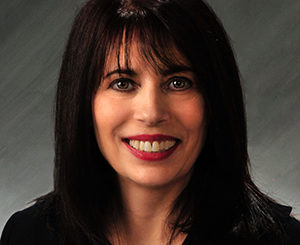 Reviewed by Jodi McGee, Chief Insights Officer, Inquisitive Insights, Greater Philadelphia area, Pennsylvania, jodi@inquisitiveinsights.com
Reviewed by Jodi McGee, Chief Insights Officer, Inquisitive Insights, Greater Philadelphia area, Pennsylvania, jodi@inquisitiveinsights.com
The Good Life by Robert Waldinger, MD, and Marc Schulz, PhD, is a deceptively simple read that aims to share the secret to happiness. It affirms some of life’s simplest lessons using data from the world’s longest in-depth longitudinal study of human life. Started in 1938 with 724 participants, the Harvard Study of Adult Development was unique when it began because, unlike most studies of the day that focused on discovering the root causes of problems, this study sought to understand what made people thrive.
How to be happier is a topic that resonates for many people—Dr. Waldinger’s 2015 TED Talk has been viewed over 45 million times and is one of the top 10 most-watched TED talks ever.
Now, 84 years after the study’s initiation, Waldinger and Smith, the current leaders of the study, share the not-so-secret secrets of happiness. As it turns out, the data support the same ideas that have been handed down for centuries. As the authors simply state, “Good relationships keep us happier, healthier, and help us live longer.”
The book is deceptively simple because the findings from the study match the advice you might give a kindergartener headed off to school or as the coach of a recreational sports team: “Making friends is important,” “Listen to what other people are saying when they talk,” “Work together to solve problems,” and so on.
However, the power of this book (and really, the study itself) is that it offers an empirical foundation for all of us to make choices about how we show up that will serve us both in the moment and in the long run. Even better, the lessons are applicable to any of the many roles we play, such as leader, parent, spouse, coworker, family member, friend, or even acquaintance.
As a qualitative researcher, I felt lucky to learn that some of the traits that make me great at my job also serve me in my own pursuit of happiness. “Curiosity—real, deep curiosity about what others are experiencing—goes a long way in important relationships.” And that “hearing an accurate understanding of our own experience coming from another person, articulated in their words, can be thrilling” and is how we develop connections that form our relationships.
The authors shared some evergreen nuggets supported by their research:
- Relationships protect you. Multiple studies conclude that the more connected you are to others, the lower your risk of dying in any given year. “The mortality rate of individuals with the fewest ties was between 2.3 (men) and 2.8 (women) times higher than that of individuals with the most ties.”
- There is no magic number of friends. Everyone’s needs are different, and circles of friends will be different, too. Dr. Waldinger advises against getting hung up on the number of friends because it’s the quality of your relationships, not the quantity, that matters most.
- Empathetic effort matters. Understanding another person is great, but the act of just trying to understand goes even further in building a connection.
- A win is better when you’re part of a team. Or, as the findings state, “Achievement is most meaningful when it is relational.”
- Relationships get you through tough times. Therefore, nurturing and maintaining strong relationships is key. To help navigate challenging relationship dynamics that we might sometimes experience, the authors offer their WISER (Watch-Interpret-Select-Engage-Reflect) model.
They also offer some commentary about how the study’s findings can be used to address some of our modern-day challenges, like the dangers of social media and strategies to mitigate its effects, as well as the importance of “lesser interactions” as we shift to the more isolated work environments that come with the gig economy and post-COVID workplaces.
While there isn’t anything shocking or groundbreaking about this book, the stories shared in it remind and inspire the reader to do the big and little things that add up to a happier life. I found my thoughts swerving from how I’m showing up in my family relationships, in my friendships, at work, and with the communities I’m a part of. And now, when I chat with the cashier at the grocery store, I tell myself that it’s for my own happiness (and not that I’m simply turning into my mother).
What I enjoyed most about this book was its message of hope. The authors emphatically believe that it’s never too late to make friends, develop relationships, and become happier. “It doesn’t matter how old you are, where you are in the life cycle, whether you are married or not married, introverted or extroverted, everyone can make positive turns in their life.”




